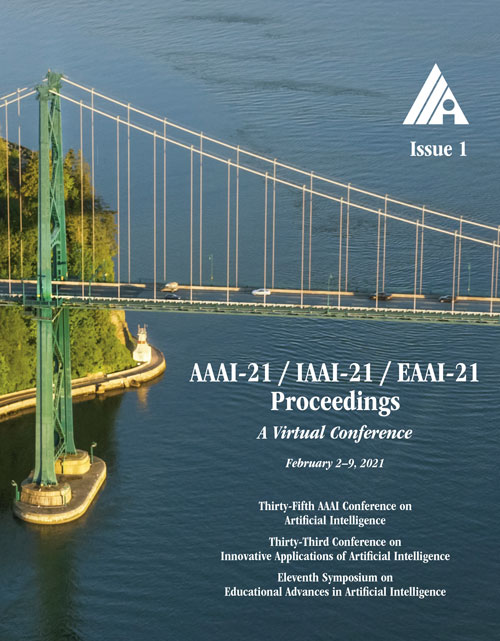
Abstract
Algorithms for exchange of kidneys is one of the key successful applications in market design, artificial intelligence, and operations research. Potent immunosuppressant drugs suppress the body’s ability to reject a transplanted organ up to the point that a transplant across blood- or tissue-type incompatibility becomes possible. In contrast to the standard kidney exchange problem, we consider a setting that also involves the decision about which recipients receive from the limited supply of immunosuppressants that make them compatible with originally incompatible kidneys. We firstly present a general computational framework to model this problem. Our main contribution is a range of efficient algorithms that provide flexibility in terms of meeting meaningful objectives. Motivated by the current reality of kidney exchanges using sophisticated mathematical-programming-based clearing algorithms, we then present a general but scalable approach to optimal clearing with immunosuppression; we validate our approach on realistic data from a large fielded exchange.
Tovább a teljes írásra ⇒
Nem található esemény a közeljövőben.
A KRTK Közgazdaság-tudományi Intézet teljesítményéről A KRTK KTI a RePEc/IDEAS rangsorában, amely a világ közgazdaság-tudományi tanszékeit és intézeteit rangsorolja publikációs teljesítményük alapján, a legjobb ... Read More »

Tisztelt Kollégák! Tudományos kutatóként, intézeti vezetőként egész életünkben a kutatói szabadság és felelősség elve vezetett bennünket. Meggyőződésünk, hogy a tudomány csak akkor érhet el ... Read More »

Srí Lanka: a 2022-es gazdasági válság leckéje – A. Krueger Lessons from Sri Lanka Anne O. Krueger Jul 25, 2022 – Project Syndicate ... Read More »

A permanens válság korában élünk – J. Meadway We’re living in an age of permanent crisis – let’s stop planning for a ‘return ... Read More »

A 2021 végén, illetve 2022 elején tapaszalt 6, illetve 7%-os cserearányromlás brutális reáljövedelem-kivonást jelentett a magyar gazdaságból. A külső egyensúly alakulásával foglalkozó elemzések többnyire ... Read More »
